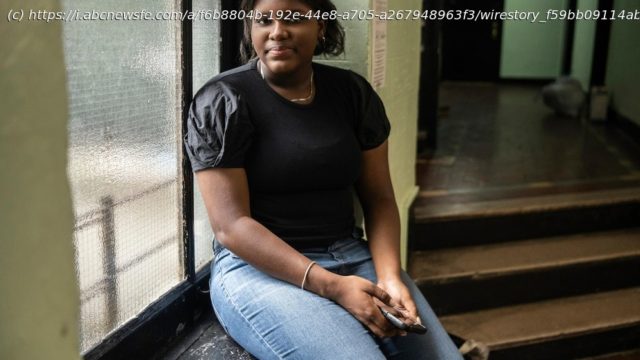Young girls are buying up anti-aging products they see promoted on social media, with harmful effects for their skin — and their mental health
When she was in fifth grade, Scarlett Goddard Strahan started to worry about getting wrinkles.
By the time she turned 10, Scarlett and her friends were spending hours on TikTok and YouTube watching influencers tout products for achieving today’s beauty aesthetic: a dewy, “glowy,” flawless complexion. Scarlett developed an elaborate skin care routine with facial cleansers, mists, hydrating masks and moisturizers.
One night, Scarlett’s skin began to burn intensely and erupted in blisters. Heavy use of adult-strength products had wreaked havoc on her skin. Months later, patches of tiny bumps remain on Scarlett’s face, and her cheeks turn red in the sun.
“I didn’t want to get wrinkles and look old,” says Scarlett, who recently turned 11. “If I had known my life would be so affected by this, I never would have put these things on my face.”
Scarlett’s experience has become common, experts say, as preteen girls around the country throng beauty stores to buy high-end skin care products, a trend captured in viral videos with the hashtag #SephoraKids. Girls as young as 8 are turning up at dermatologists’ offices with rashes, chemical burns and other allergic reactions to products not intended for children’s sensitive skin.
“When kids use anti-aging skin care, they can actually cause premature aging, destroy the skin barrier and lead to permanent scarring,” says Dr. Brooke Jeffy, a Scottsdale, Arizona, dermatologist who has posted her own social media videos rebutting influencers’ advice.
More than the physical harm, parents and child psychologists worry about the trend’s effects on girls’ mental health — for years to come. Extensive data suggests a fixation on appearance can affect self-esteem and body image and fuel anxiety, depression and eating disorders.
The skin care obsession offers a window into the role social media plays in the lives of today’s youth and how it shapes the ideals and insecurities of girls in particular. Girls are experiencing high levels of sadness and hopelessness. Whether social media exposure causes or simply correlates with mental health problems is up for debate. But to older teens and young adults, it’s clear: Extended time on social media has been bad for them, period.
Young girls’ fascination with makeup and cosmetics is not new. Neither are kids who hold themselves to idealized beauty standards. What’s different now is the magnitude, says Kris Perry, executive director of Children and Screens, a nonprofit that studies how digital media impacts child development. In an era of filtered images and artificial intelligence, some of the beautiful faces they encounter aren’t even real.
“Girls are being bombarded with idealized images of beauty that establish a beauty standard that could be very hard — if not impossible — to attain,” Perry says.
The obsession with skin care is about more than the pursuit of perfect skin, explains 14-year-old Mia Hall.
It’s about feeling accepted and belonging to a community that has the lifestyle and look you want, says Mia, a New Yorker from the Bronx.
Start
United States
USA — IT Young girls are using anti-aging products they see on social media. The...






